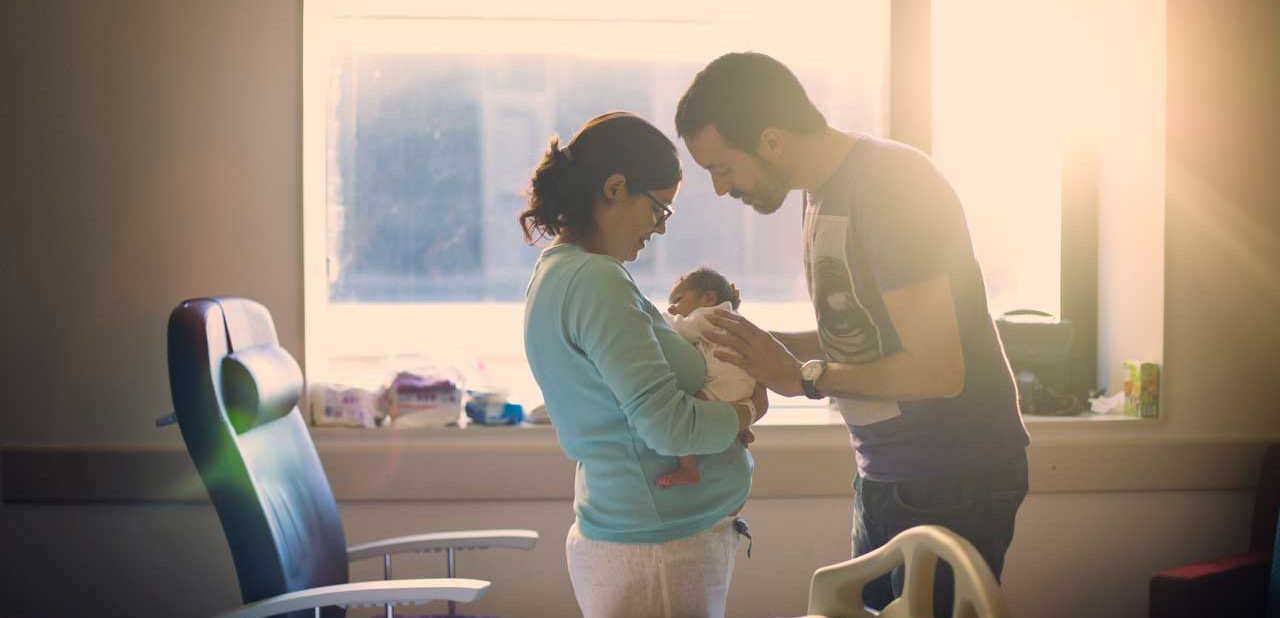How Does Parenthood Increases Life Expectancy?

How long you live is influenced by dozens of factors, like health. But something surprising may also affect how long you live: whether you have children.
How long do you expect to live?
The average life expectancy in the U.S. is 78.8 years for all adults, 76.3 years for men, and 81.2 years for women. Those who make it to 65 live, on average, another 19.4 years.
How long you live is influenced by dozens of factors: your physical health, lifestyle choices, personal habits, family history, stress levels, and random chance all play a part. But something surprising may also affect how long you live: whether you have children.
YOU MIGHT ALSO LIKE: Our For Moms Everywhere blog
Parenthood and life expectancy
A study conducted by a Swedish research team shows that parenthood increases your life expectancy, no matter how old you are.
The study’s authors examined the health information of about 705,000 men and more than 725,000 women born between 1911 and 1925, comparing average life expectancy at multiple ages with their marital and parenthood status. They found that at every age, parents’ risk of death was less than that of non-parents, and the relative benefit increased as age increased.
Even at older ages, when the risk of death increases for everyone, parents were still expected to outlive those without children. This stayed true even when researchers took the benefit of having a partner into account.
No matter whether parents were married or unmarried, had sons or daughters, one child or many, their average life expectancy stayed higher than that of non-parents.
But how does parenthood increase your life expectancy?
The benefits of social support
One explanation for the link between parenthood and life expectancy is that children play a critical role in the lives of parents: providing social support into old age.
In 2002, researchers found that having adult children increased the amount of time that seniors expected to live. Most participants said this was because the emotional support they received from their children made them feel that they would always have someone to call on as they aged.
Research has found what seniors seem to know intuitively. Parenthood increases your life expectancy by providing a built-in network of social support, especially during old age. This sort of supportive social network can improve your health, increase happiness and well-being, and provide a sense of purpose to your life as you age.
A 2008 study showed that among seniors, those who expected both practical help and emotional support from their social network as they aged also had a deeper sense of meaning in their lives. In contrast, seniors who did not receive support from friends and family felt their lives has less meaning.
Multiple studies have also documented a link between social relationships and health in old age. Having a network of friends, a supportive family, or belonging to a community are directly linked to better emotional and physical health as you get older. Social interaction is also related to improved cognition in seniors, and may help prevent the mental decline associated with diseases like Alzheimer’s.
Even if you have other risk factors that could lower your life expectancy, such as coronary heart disease, researchers have found that frequent and positive social interaction can still help you live longer, whereas social isolation is associated with earlier death. Other studies have found that positive social interaction is linked to improved heart health and a stronger immune system.
Practical support from children in old age
Researchers from the Swedish study, however, theorize that having children may impact something simpler than your emotional well-being or cardiovascular health.
Children, they pointed out, provide practical assistance to aging parents. Sons and daughters play “the role of support in navigating the healthcare sector, finding the right caregiver, arguing for better or earlier treatment,” which the authors conclude “is of particular importance” the older you get and the more help you need.
In other words, parenthood comes full circle. As you age, your adult children will likely take care of you in many of the same ways that you cared for them when they were small.
YOU MIGHT ALSO LIKE: How to Be a Good Parent and Keep Tabs on Your Child
Updated:
March 02, 2020
Reviewed By:
Janet O’Dell, RN